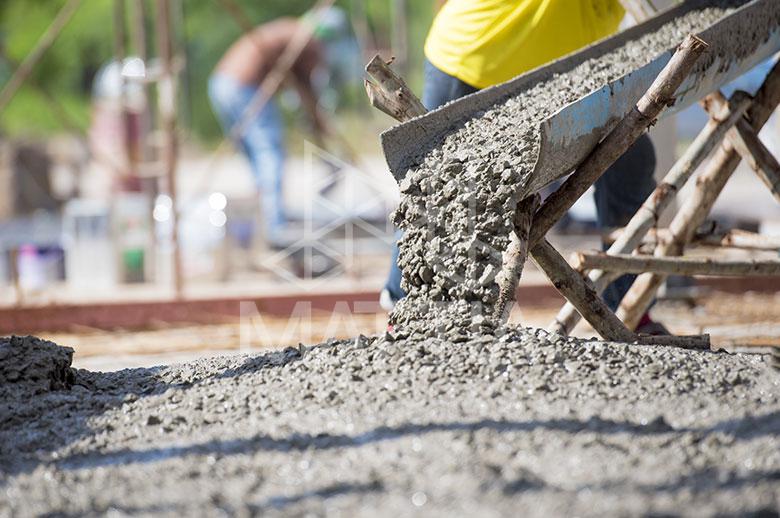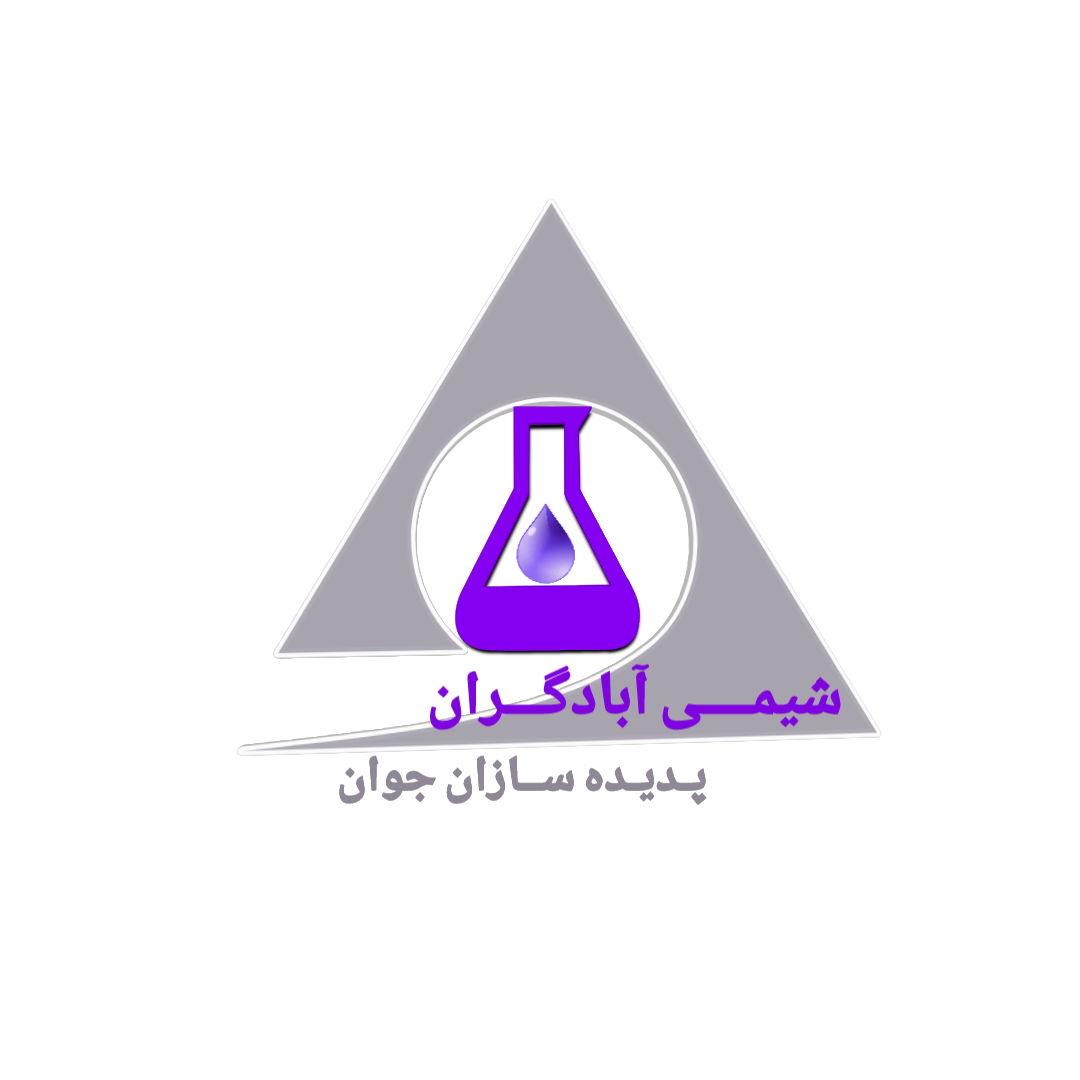What is the difference between pouring concrete in winter and in summer?

In this article, we discuss the difference between pouring concrete in winter and in summer. To buy and know the price of super lubricant, tile adhesive, anti-acid mortar, rebar planting adhesive, concrete restorer, epoxy and antifreeze grout, etc., you can contact Shimi Abadgaran Company. Call.
فهرست مطالب
- 1 The difference between pouring concrete in winter and summer
- 2 Pouring concrete in winter
- 3 Here are some simple techniques:
- 4 Pouring concrete in summer
- 5 You may encounter the following problems when pouring concrete in summer:
- 6 Here are some helpful tips to protect the integrity and durability of your concrete during those hot summer months:
- 7 The importance of monitoring concrete temperature
- 8 Purchase and price of super lubricant, tile adhesive, anti-acid mortar, rebar planting adhesive, concrete restorer, epoxy grout and antifreeze company Shimi Abadgaran
- 9 the address of Central office
- 10 Address of Shahriar factory
The difference between pouring concrete in winter and summer
One of the most important aspects of developing concrete strength and ensuring the integrity of the completed structure is the temperature of pouring concrete in the early stages of construction. We are not always lucky enough to experience perfect conditions for pouring and curing concrete. If the temperature is consistently 60°F (15°C), you probably won’t have a problem, but what happens when you encounter more extreme weather conditions? In this article, we discuss the difference between pouring concrete in winter and summer. To buy and know the price of super lubricant, tile adhesive, anti-acid mortar, rebar planting adhesive, concrete restorer, epoxy and antifreeze grout, etc., you can contact Shimi Abadgaran Company. Call.
Pouring concrete in winter
According to ACI 306: Cold Weather Concrete Guide, “cold weather” as three or more consecutive days of low temperatures, especially outdoor temperatures below 40°F (4°C) and air temperatures below 50°F (10°C). is defined For more than any 12-hour phase.
The water in concrete causes it to harden through a chemical process called hydration. During this process, the chemicals in the concrete react with water and bind the mixture together.
The problem with cold weather is that it slows down this process or stops it completely and negatively affects the increase in strength of concrete.
In addition, it is important to set the concrete before exposure to freezing temperatures. If fresh concrete is exposed to freezing temperatures, the water in the concrete can freeze, causing cracking and significantly reducing the concrete’s durability.
So, how do you ensure that concrete achieves the proper strength and durability in winter? One way to do this is to avoid pouring concrete on frozen ground. Rough setting occurs when the ground melts, which causes cracking. If the ground is frozen, use a heater to thaw it before pouring concrete. The temperature of the ground should be as close as possible to the temperature of the concrete.
Additionally, if you need to increase the temperature of your concreting, there are several things you can do.
Here are some simple techniques:
- Keep the concrete in a dry, warm area until ready to use.
- Cover the concrete with a baking blanket.
- Add hot water to the concrete mixture.
- Add more cement to the mix.
Pouring concrete in summer
While pouring concrete in the hot summer comes with a different set of considerations than pouring in the winter, summer heat can also lead to reduced concrete strength if you don’t carefully control the temperature of the concrete. In addition, cold weather delays the setting of concrete, while hot weather accelerates it due to increased water evaporation.
You may encounter the following problems when pouring concrete in summer:
- Thermal cracking caused by temperature difference (the difference between the temperature of the core and the exterior of a mass concrete element).
- Higher temperatures result in higher initial strength, which negatively affects durability.
- Concrete can become improperly hydrated due to lack of water, possibly leading to loss of strength and cracking.
- An increase in the rate of setting, which leads to greater difficulty in displacement, compression and completion, and increases the risk of cold joints.
- Increased tendency to plastic shrinkage.
- Increasing difficulties in controlling the content of entrained air.
According to ACI 301-16 “Specification for Structural Concrete” and ACI 305.1-14 “Specification for Hot Air Concreting”, the maximum temperature of the concrete at the time of discharge shall be 95°F (35°C).
Here are some helpful tips to protect the integrity and durability of your concrete during those hot summer months:
- Work early in the morning or in the evening to avoid peak temperatures.
- Use ice or liquid nitrogen as part of the concrete water mix to cool very hot concrete.
- Use a sun visor or wind visor to reduce possible harsh conditions
- Use cool water to wet the side forms of slabs or walls.
- Keep an evaporation retardant on hand in case the temperature rises, causing the water to evaporate quickly.
- Spray before pouring cold water on the area and after pouring on the surface.
- Pre-cool coarse aggregates (sprinkling).
The importance of monitoring concrete temperature
There are many factors to consider when pouring concrete in winter or summer. To optimize the strength and durability of concrete, workers on the job site must collect relevant data to use to determine the next course of action.
Using an advanced wireless sensor such as Chemi Abadgaran allows engineers, contractors and project managers to continuously and accurately monitor concrete temperature during the early stages of construction. With Shimi Abadgaran’s powerful dual temperature monitoring, you will know almost immediately if the temperature of pouring your concrete is too low or too high, and you can ensure proper curing.
بیشتر بخوانید: Epoxy rebar planting glue
Purchase and price of super lubricant, tile adhesive, anti-acid mortar, rebar planting adhesive, concrete restorer, epoxy grout and antifreeze company Shimi Abadgaran
With more than two decades in the field of production of chemical products for the construction industry, Abadgaran Chemical Company, in addition to producing more than a hundred types of construction chemical products, has a history of cooperation in implementation and consulting in large national, personal and corporate projects. Shimi Abadgaran Company has a large share in construction chemical products and has more than fifty production forces and laboratories. These are only a part of the extensive cooperation of chemical growers during these years. To buy and know the price of super lubricant, tile adhesive, rebar planting adhesive, anti-acid mortar, rebar planting adhesive, concrete repairer, epoxy and antifreeze grout and polymer mortars, anti-acid mortar, super lubricant and concrete repairer. , epoxy grout, anti-acid mortar, etc. You can contact Shimi Abadgaran company.

